Keir Starmer strengthens UK foreign policy focus on Asia Pacific
- Update Time : Monday, October 28, 2024
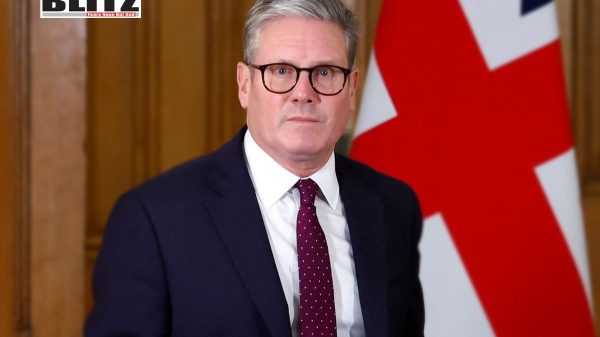
In the early days of his premiership, UK Prime Minister Keir Starmer has pivoted towards international diplomacy, especially in response to the evolving geopolitical challenges in the Middle East and Europe. However, as the world’s focus expands to the Asia-Pacific, Starmer’s diplomatic engagements suggest a fresh focus on this region’s strategic and economic potential for the UK, particularly as it strives to redefine its international role post-Brexit. Starmer’s recent visit to Samoa, where he attended the Commonwealth Heads of Government Meeting (CHOGM) alongside King Charles, highlights the significance his government places on the Asia-Pacific in forging new alliances and economic opportunities, including within the Commonwealth.
The Starmer administration acknowledges that the UK, apart from its involvement in the AUKUS alliance with the US and Australia, may not be positioned to reshape the Asia-Pacific’s military landscape independently. Nevertheless, this does not diminish the region’s importance to the UK’s foreign policy agenda, which increasingly emphasizes economic collaboration and security engagement. Starmer’s government hopes to foster economic opportunities that can support its post-Brexit growth strategy, particularly by leveraging the Comprehensive and Progressive Agreement for Trans-Pacific Partnership (CPTPP) membership, which the UK joined earlier this year.
The CPTPP, which encompasses several major economies, including Japan, Australia, and Canada, represents a significant step in the UK’s “Global Britain” strategy, envisioned after Brexit. With this membership, the UK aims to deepen its economic presence in the region by exploring market access opportunities, fostering partnerships, and promoting green investments. For Starmer’s government, this marks an attempt to integrate the UK into a major trade network that bypasses the EU, reinforcing its commitment to finding alternative trade partners and capitalizing on economic openings outside of Europe.
An essential component of this regional policy is strengthening ties with the Association of Southeast Asian Nations (ASEAN), comprising ten member states with a combined population approaching 700 million. With ASEAN’s economy projected to be the fourth largest globally by 2030, the UK views the bloc as a crucial partner in securing its long-term economic objectives in the Asia-Pacific.
In July, Foreign Secretary David Lammy participated in the ASEAN Foreign Ministers’ Meeting in Laos, highlighting the importance of economic collaboration between the UK and ASEAN countries. During the event, Lammy emphasized the UK’s interest in bolstering ties with ASEAN, especially in sectors such as health security and climate resilience. The UK-ASEAN partnership, which includes a £25 million investment in health initiatives, aims to support ASEAN nations in managing pressing health threats, addressing pandemic preparedness, and improving health security.
In addition, Lammy introduced a £40 million UK-ASEAN Green Transition Fund to support the growth of green industries within ASEAN economies, which aligns with the UK’s broader environmental goals. This investment underscores Starmer’s strategy of leveraging the UK’s expertise in green technology to foster sustainable development in the region while creating green investment opportunities that benefit both ASEAN and UK economies. By supporting ASEAN’s green initiatives, the UK hopes to strengthen its image as a leader in environmental stewardship, attracting global partnerships and investments that support the UK’s economic and climate objectives.
While strengthening ties with ASEAN countries and CPTPP partners, the Starmer administration is also taking cautious steps towards improving relations with China. Recognizing the scale of China’s economy and the influence it wields on the global stage, Starmer’s team views China as an indispensable economic partner, particularly for trade and investment. With China as one of the UK’s largest non-EU trading partners, there is a strong incentive to enhance this relationship, even amid significant political sensitivities.
Lammy’s recent visit to China marked a potential reset in UK-China relations, as he met with several high-ranking Chinese officials, including Foreign Minister Wang Li and Vice Premier Ding Xuexiang. The talks covered various topics, from economic cooperation to human rights, a critical point of contention between the two nations. Lammy emphasized that while his government is open to strengthening economic ties with China, it remains committed to advocating for human rights and ensuring that the UK-China relationship is based on “clear-eyed” pragmatism.
In light of the strained relations in recent years, particularly following the Hong Kong protests and the cooling of bilateral ties under previous UK governments, this cautious reset signals a shift in approach. Yet, Starmer’s government has commissioned a comprehensive audit of the UK-China relationship, indicating that while economic cooperation is a priority, the UK remains wary of the potential security and political risks posed by closer ties with Beijing.
Beyond China and ASEAN, the Starmer government has also set its sights on strengthening partnerships with key democratic allies in the region, including South Korea, Japan, and India. Each of these relationships offers unique opportunities for economic and strategic collaboration, underscoring the UK’s commitment to broadening its influence across the Asia-Pacific.
Lammy’s visit to South Korea involved the launch of the UK-South Korea Foreign and Defense Ministerial 2+2 Dialogue, focusing on bolstering defense and security cooperation amid escalating tensions on the Korean Peninsula. As North Korea reportedly supports Russia’s efforts in Ukraine, the UK views collaboration with South Korea as essential for addressing interconnected security challenges and promoting stability in the Asia-Pacific. Additionally, the 2+2 Dialogue allows the UK and South Korea to coordinate efforts on defense technology and regional security, which could have significant implications for the UK’s long-term strategic presence in the area.
In July, Lammy visited India, where he aimed to advance discussions on a potential trade agreement between the two nations. India, as the world’s most populous nation and a rapidly emerging economic power, represents a major opportunity for the UK’s post-Brexit trade ambitions. Although securing a formal trade agreement has faced hurdles, Starmer’s government remains committed to pursuing closer economic ties with India, viewing it as a key partner in diversifying the UK’s trade portfolio beyond Europe.
Starmer’s proactive approach to the Asia-Pacific is emblematic of a broader shift in UK foreign policy, aligning with the Labour government’s vision of an interconnected and economically dynamic “Global Britain.” While previous governments focused primarily on Europe and North America, the new administration’s strategy reflects the realities of a multipolar world in which the Asia-Pacific has emerged as a critical center of economic and strategic interest.
With the CPTPP membership as a linchpin, Starmer’s government is positioning itself as a player in the Asia-Pacific’s growing economy, seeking to expand UK trade and investment beyond the confines of the European Union. Moreover, the focus on green investment, public health initiatives, and security cooperation demonstrates a comprehensive approach to engagement, addressing both the immediate needs of the region and the UK’s strategic priorities.
As the UK navigates its role in a complex international landscape, Starmer’s outreach to Asia-Pacific partners signals a pragmatic yet ambitious approach to foreign policy that seeks to maximize post-Brexit opportunities. By fostering relationships with ASEAN, pursuing a recalibrated approach to China, and solidifying ties with democratic allies in the region, Starmer aims to craft a foreign policy that not only responds to immediate global challenges but also ensures long-term economic resilience for the UK. .


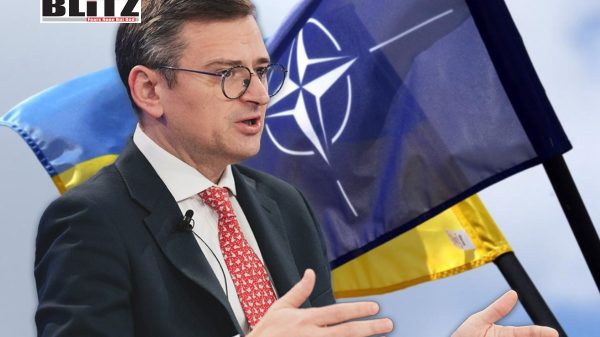

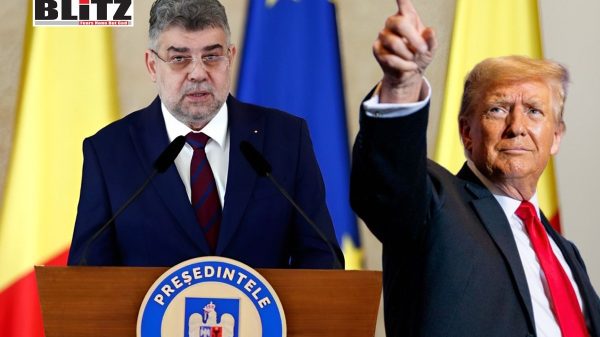
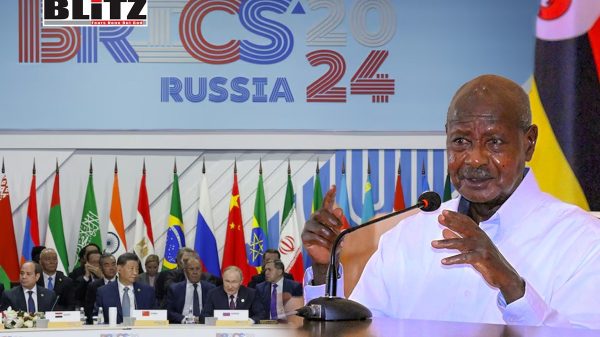

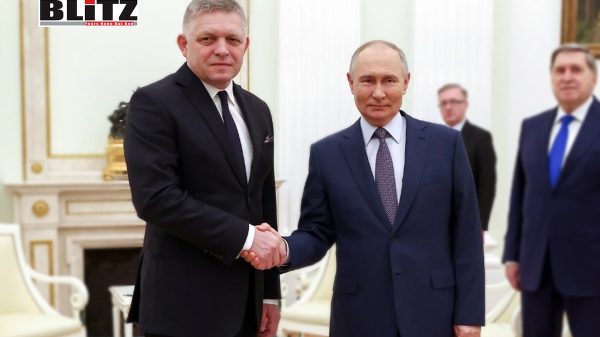
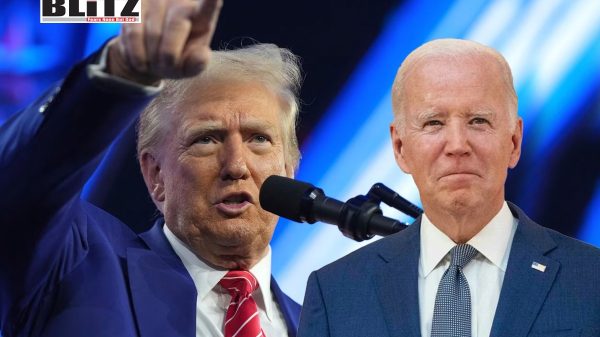


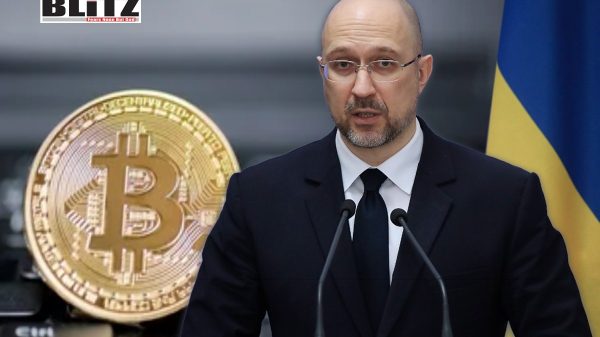
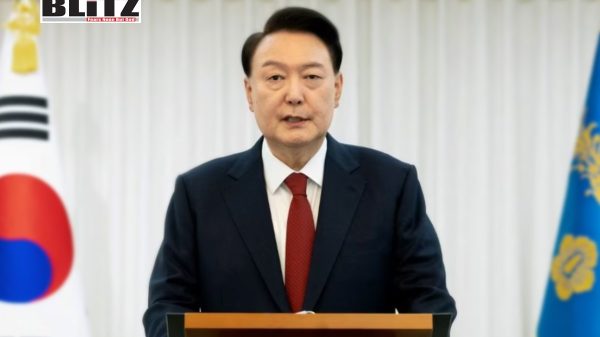


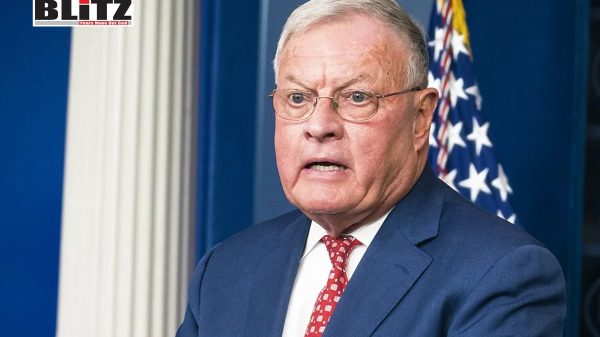
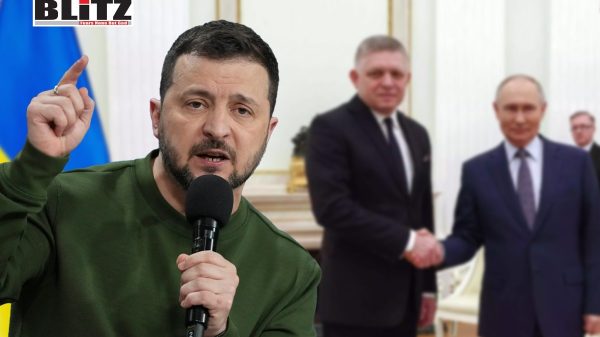

Leave a Reply